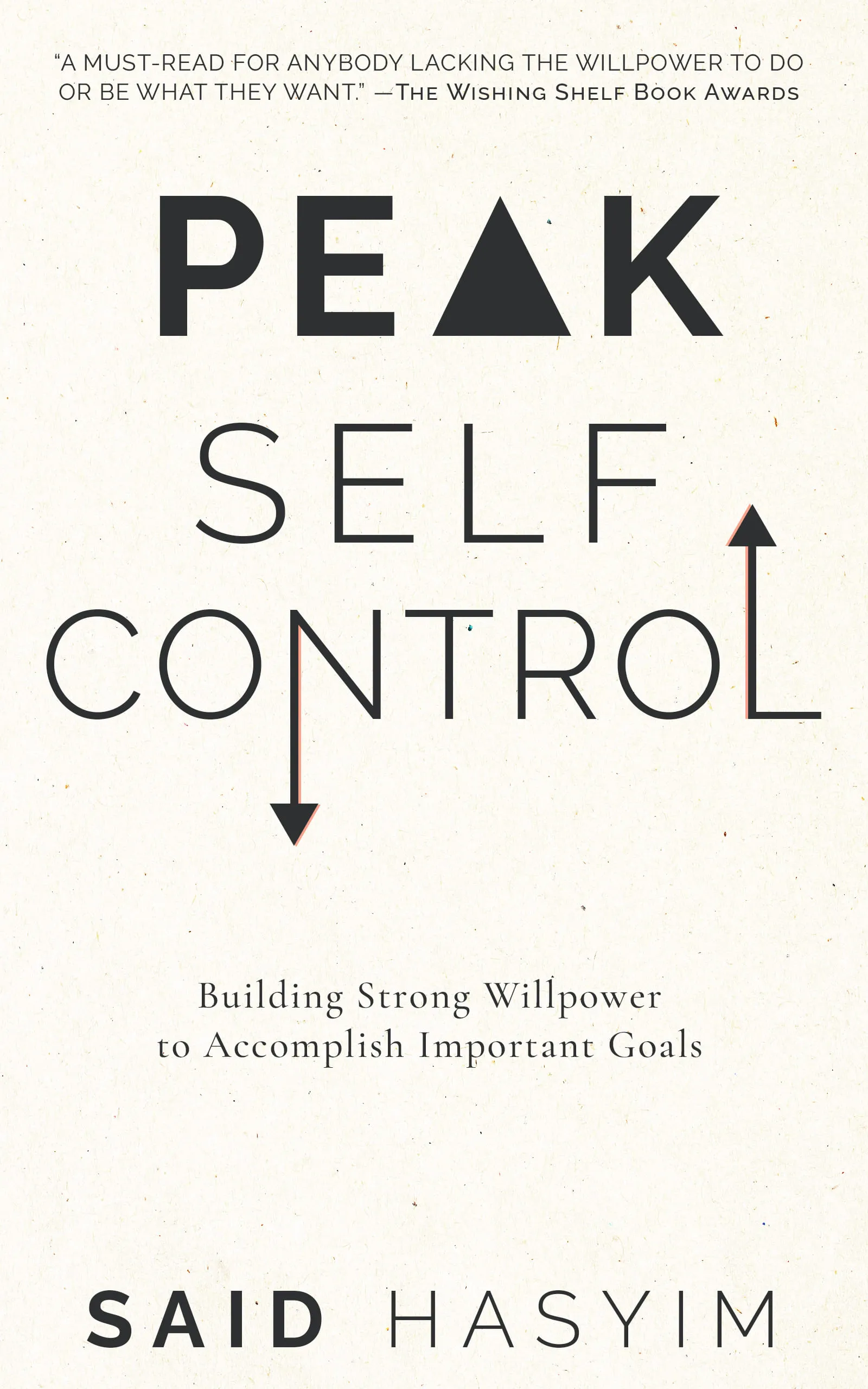The Impact of Environment on Self-Discipline
Self-discipline is often hailed as a cornerstone of personal development, productivity, and success. It’s the ability to control one’s emotions, behaviors, and desires in the face of external demands, and it plays a critical role in achieving long-term goals. However, self-discipline doesn’t exist in a vacuum; it is intricately tied to our environment. Whether it’s our physical space, social circles, or cultural context, the environment can either bolster or undermine our self-discipline. In this blog post, we’ll explore various dimensions of environment and their impact on self-discipline.
1. The Physical Environment
Clutter and Distraction
One of the most immediate ways the physical environment affects self-discipline is through clutter and distraction. A chaotic space filled with disorganized items can lead to feelings of overwhelm, making it difficult to focus on tasks at hand. Studies have shown that individuals working in tidy and organized environments tend to be more productive. When our surroundings are clean and orderly, our minds can more easily align with our goals.
Designated Spaces
Creating designated spaces for specific activities can also enhance self-discipline. For example, having a dedicated workspace for studying or working helps signal to the brain that it’s time to focus. Similarly, having a comfortable reading nook can encourage the habit of reading. By shaping our environment to encourage productive behaviors, we create physical cues that promote self-discipline.
Nature and Mental Clarity
Nature is another aspect of the physical environment that can significantly affect self-discipline. Numerous studies indicate that spending time in nature can reduce stress and improve focus. It’s easier to cultivate self-discipline when we feel at peace. Activities like hiking, walking in the park, or simply sitting outside can rejuvenate our minds and enhance our capability to execute our goals.
2. Social Environment
Influence of Peers
Our social surroundings can have a compelling effect on our self-discipline. The saying “you are the average of the five people you spend the most time with” highlights the importance of choosing our friends and associates wisely. If we are surrounded by highly disciplined individuals who prioritize their goals, we are more likely to mimic their behaviors. On the other hand, if we find ourselves in circles where procrastination and lack of ambition are the norms, it can be challenging to maintain our own self-discipline.
Accountability
Having a solid support system can also impact self-discipline. Friends, family members, or mentors who encourage us and hold us accountable can help maintain our focus. The concept of accountability partners is particularly effective; knowing that someone is tracking our progress can motivate us to stick to our commitments.
Cultural Influences
Cultural context is another layer of the social environment influencing self-discipline. Different cultures value different traits, and this can shape individual behaviors. In cultures that emphasize individualism and personal achievement, self-discipline may be highly prioritized. In contrast, cultures that value community and relationships may lead individuals to place less emphasis on strict self-control, favoring a more collaborative approach to goal-setting.
3. Digital Environment
The Role of Technology
In today’s age, our digital environment plays an increasingly crucial role in shaping our self-discipline. While technology can serve as a tool for productivity through applications for task management and time tracking, it can also become a formidable distraction. Social media, streaming platforms, and endless scrolling can chip away at our ability to focus and stay disciplined.
Digital Minimalism
The concept of digital minimalism encourages individuals to reassess their digital environment by reducing unnecessary tech use. This approach can help cultivate self-discipline by allowing individuals to channel their attention and energy toward more meaningful tasks. Creating boundaries around screen time facilitates better control over our habits, leading to improved focus and productivity.
4. Emotional Environment
Mindset and Self-Talk
The emotional environment we foster within ourselves is equally important for self-discipline. Our mindset and internal self-talk can significantly influence our ability to maintain focus. Positive reinforcement can act as a catalyst for self-discipline, while negative self-talk often leads to procrastination and self-doubt.
Stress and Emotional Resilience
High levels of stress can hinder self-discipline, making it more challenging to focus on long-term goals. Developing emotional resilience through mindfulness practices and stress management techniques can help individuals navigate challenging emotions, allowing for greater self-discipline. When we are in a balanced emotional state, we are more equipped to resist immediate temptations and adhere to our long-term objectives.
Conclusion
The environment—physical, social, digital, and emotional—plays a vital role in shaping our self-discipline. By understanding these influences, we can take proactive steps to create an environment that supports our goals. This may involve decluttering our physical spaces, surrounding ourselves with supportive and disciplined individuals, minimizing distractions from technology, and fostering a positive internal dialogue.
Ultimately, cultivating self-discipline is not just about willpower; it’s about creating an environment that encourages and sustains our efforts. By making deliberate choices about our environment, we empower ourselves to harness the discipline needed to achieve our ambitions and live a fulfilling life.
The journey towards enhanced self-discipline is ongoing, but with the right environment, the path becomes clearer, and the obstacles more manageable. Let’s take small, actionable steps to create spaces that foster growth, productivity, and success.
Start Mastering Self-Discipline Today
Discover Peak Self-Control, a practical book to mastering self-discipline. Break free from distractions, build healthier habits, and improve your relationships. Gain effective strategies to enhance your willpower and make meaningful life changes, even amidst a busy schedule. Small adjustments can lead to significant improvements in your daily routine.
